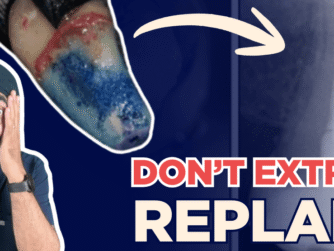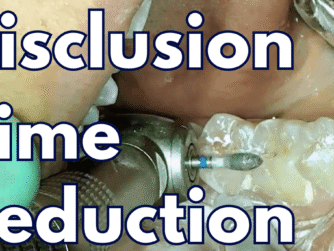Podcast: Play in new window | Download (Duration: 48:23 — 69.3MB)
Subscribe: RSS
Hygienists working without nurses and feeling like scaling machines – it’s about time we covered this elephant in the dental surgery. I brought on my dear friends and exceptional hygienists Morgan Williams and Louise Brake – they have faced career struggles in the past in the quest to finding the right environment and have so much to share with us.
The biggest takeaway of this episode will be to consider ‘leading from the bottom’ – if you are feeling stuck and don’t just wait around for good luck (I’m such a poet!) – take action. You’ll be inspired by some of the ideas from our discussion!
Highlights of this episode:
- 04:32 Morgan and Lou’s Dental Hygiene Background
- 07:25 The Importance of Settings Goals and Expectation
- 10:42 Hygienist as ‘Scaling Machines’
- 14:09 The Best Advice to be a Better Hygienist
- 17:40 Good Communication to Improve your Practice
- 21:26 Nurses for Hygienists
- 27:20 Business Models for Hygiene
- 29:54 Preventive Focus in Dental Hygiene
- 34:11 How Hygienist Treat Perio
- 35:52 Optimised, Personalised OHI
- 40:07 Number One Trait to Look for in a Practice
Check out Morgan and Lou’s Instagram, Dynamic Dental Duo!
If you enjoyed this episode, you may also like another episode with Laura Bailey: Why You Need to Take Massive Action for Success in Dentistry







